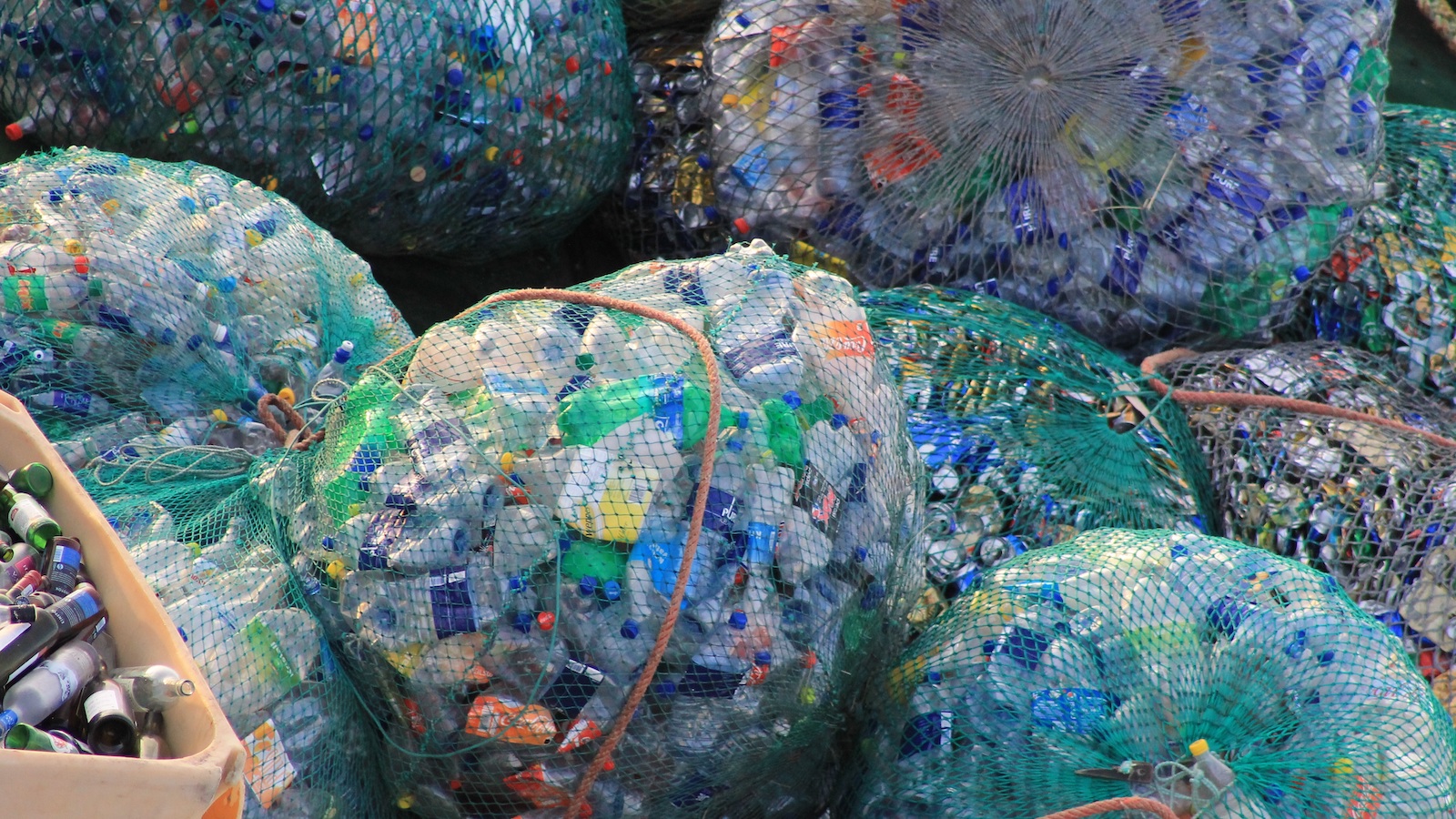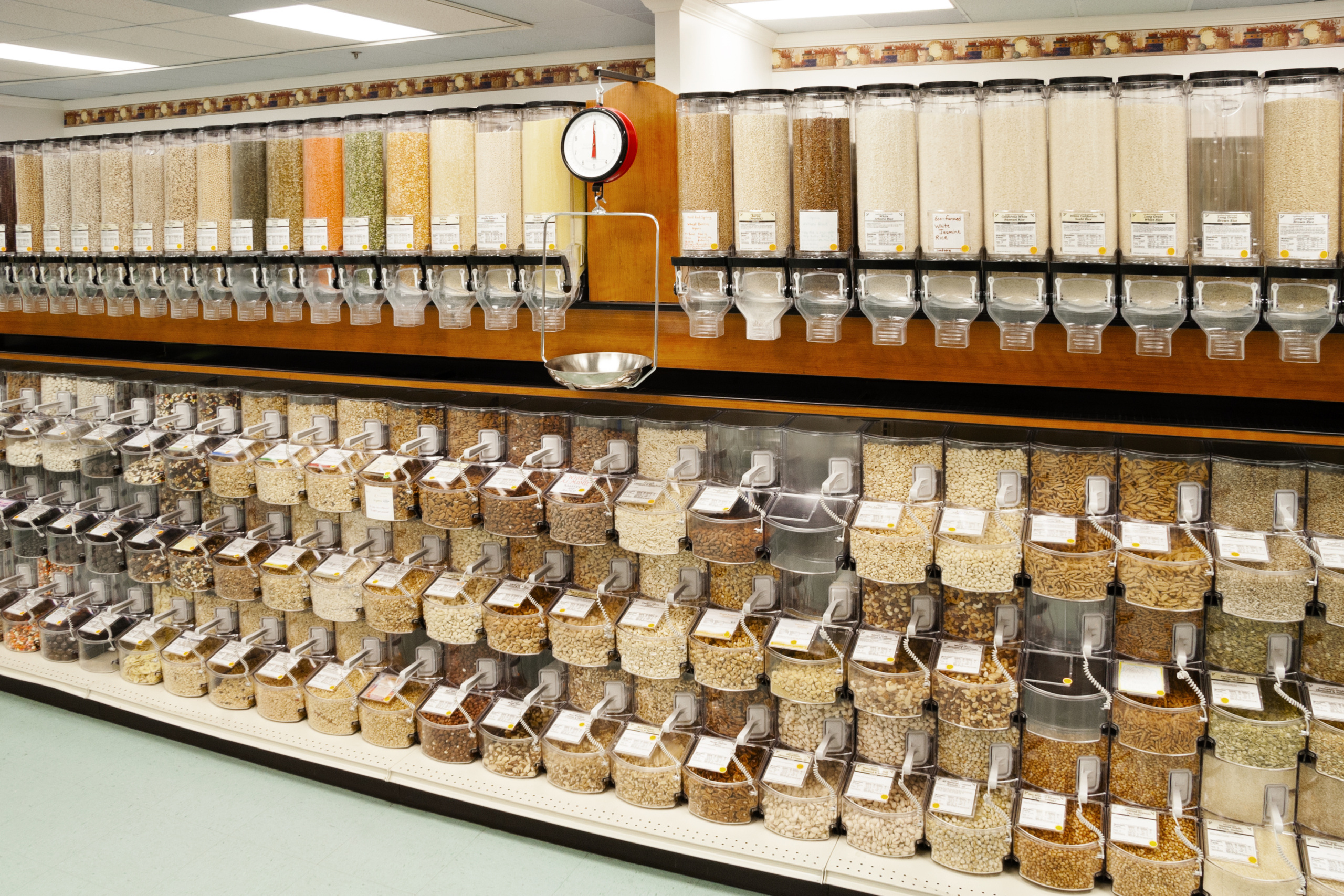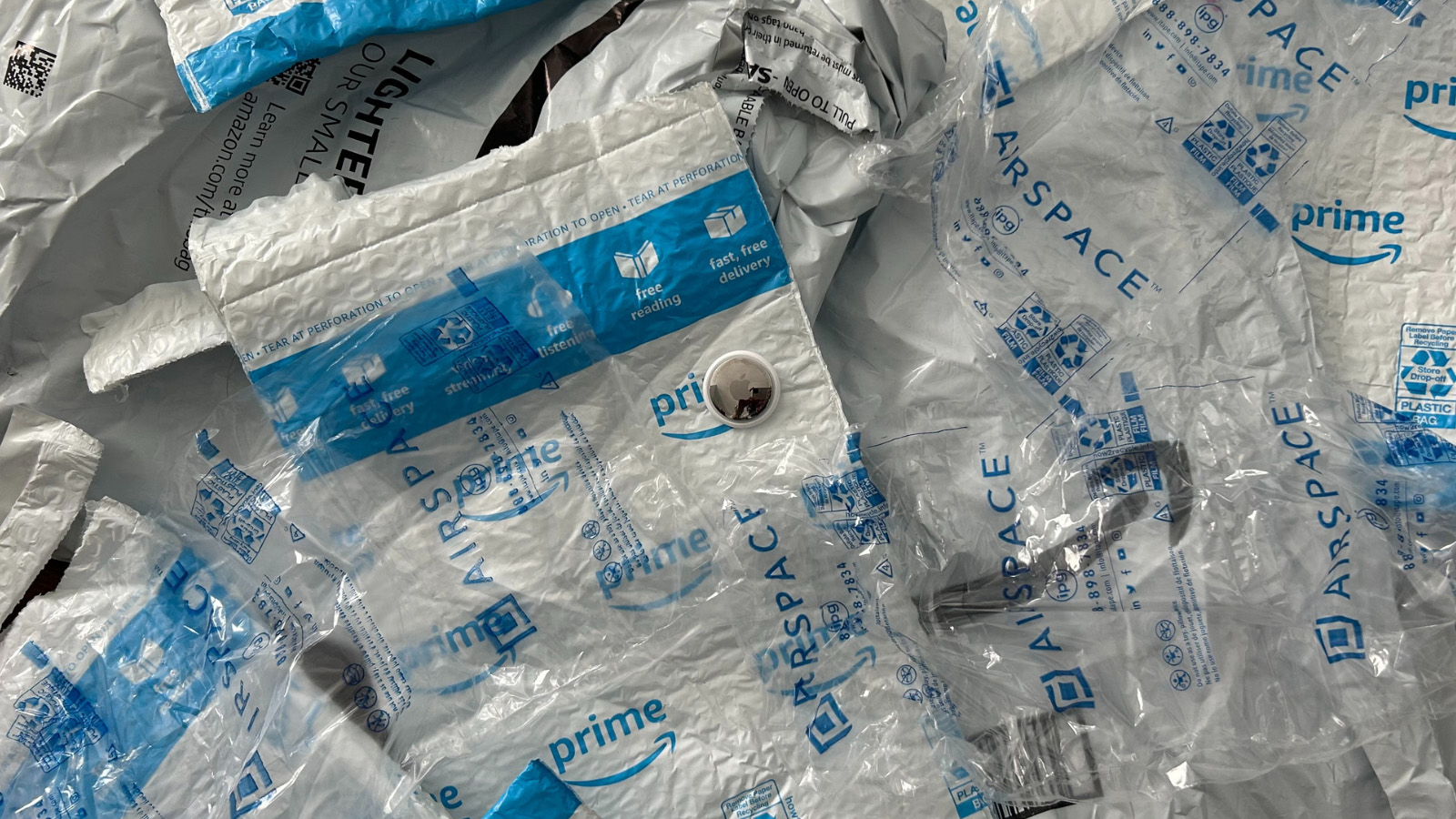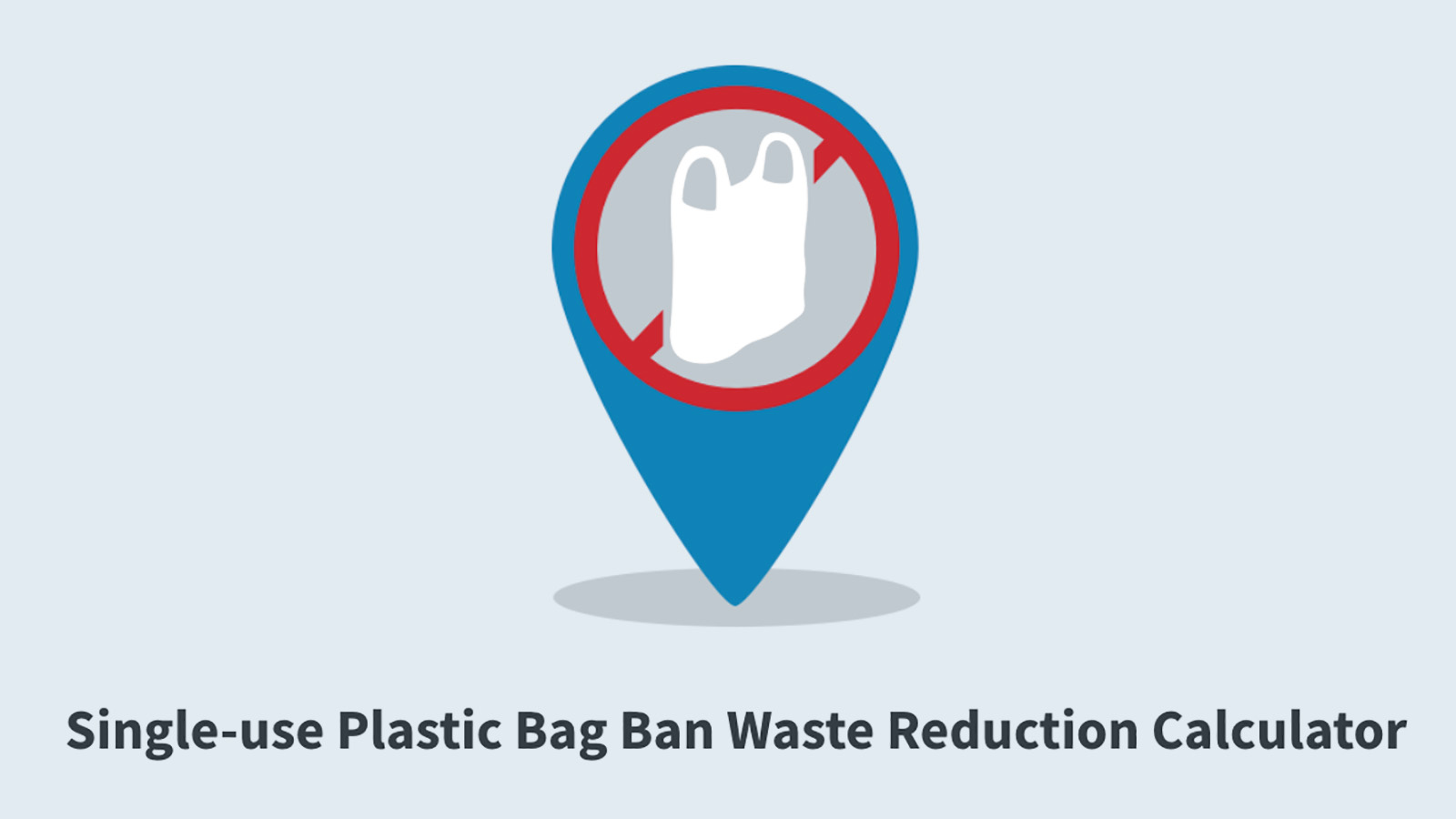Testimony: Producer Responsibility
Our testimony in support of HB 36, a bill to enforce producer responsibility, sponsored by Delegates Lierman, Charkoudian, D. Jones, R. Lewis, Love, and Terrasa.

HB 36 – Environment – Packaging, Containers, and Paper Products – Producer Responsibility
Environment and Transportation Committee
February 9, 2021
Position: Favorable
We’re barely one month into session, and you have heard multiple bills that aim to alleviate the plastic pollution crisis and how to deal with our overflowing landfills and toxic incinerators. It is no secret that we have a waste problem in this state and country – in fact, the U.S. throws out enough plastic approximately every 11 hours to fill the Ravens stadium, and that amount is increasing.
Our Waste Crisis
So how do we manage all this waste? Let’s use plastic as an example. Let’s say you discard some plastic packaging. In our current system, a local municipality will likely have to pay to collect and transport that plastic to a waste management facility. More often than not, this piece of plastic will likely be landfilled or incinerated, creating toxic air and water pollution and breaking down into microplastics. Those microplastics will persist and accumulate in the environment, some finding their way into the food we eat and the water we drink. Even the small amount of plastic that is recycled will likely be recycled into a less durable product like insulation or fabric, so the process will need to start again to create new plastic that will inevitably become waste.
This broken model is incredibly costly for our local governments, and for taxpayers. Our recycling rates are low, people have lost faith in the recycling system, and recycling markets for our plastic waste are less and less reliable.
The growing challenges of plastic pollution, climate change and rising recycling costs demand new solutions to Maryland’s waste problems.
Producer Responsibility will Reduce Waste and Pollution and Save Taxpayer Dollars
But there is good news: producers can change this model. They can make products out of more durable or recyclable materials and provide consumers with better options for returning and recycling those products before they become waste. Why don’t they make more sustainable products? Because currently, producers can offload the costs of poor product design decisions onto taxpayers, the environment and future generations, leaving them with no incentive to make more sustainable decisions, and every incentive to keep the status quo.
Numerous successful programs in the United States and around the world hold producers fully or partially responsible for the waste their products become – and, in many cases, hold producers to higher standards for the sustainability of the things they make and sell.
Effective producer responsibility programs can play an important role in moving Maryland toward a circular, zero-waste economy. This bill will help us achieve our zero waste goals by holding producers accountable for the waste they create and ensuring that they bear partial responsibility for the cost, and ensuring our governments don’t have to foot the bill with taxpayer dollars and public health
I know that we all share the goal of solving our waste problem and turning back the tide on plastic pollution. Producer responsibility is a critical tool in achieving a zero waste future. We urge you to vote favorably on this bill.
Topics
Authors
Mariah MacKenzie
Find Out More

Refill, Return, Reimagine: Innovative Solutions to Reduce Wasteful Packaging

Truth in recycling

Plastic bag bans work


